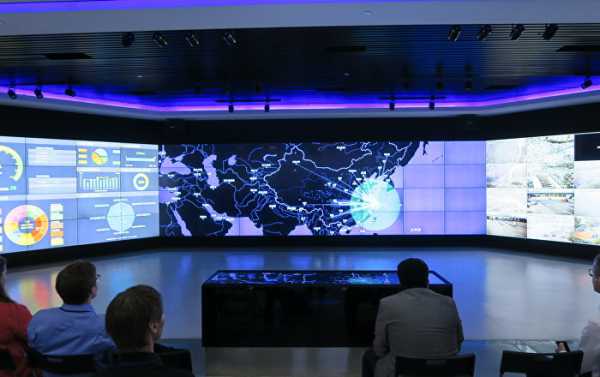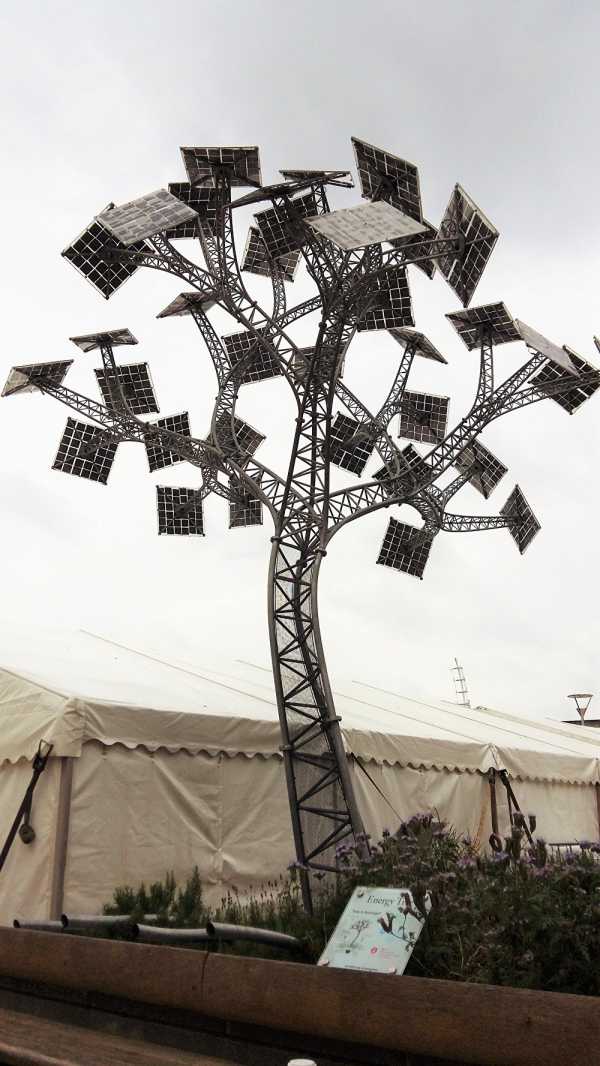
People living in British cities have been urged to step up and demand the use of more digital data in running their environments. Sputnik looks at why British and European “smart cities” are falling behind their counterparts in China.
A research team from the University of Exeter carried out a three-year project, Smart Eco-Cities, to examine various urban initiatives in Europe and China.
The project, funded by the Economic and Social Research Council, found “smart city” initiatives in China were streets ahead of their counterparts in Britain.
Dr. Federico Caprotti, the lead researcher, said there needed to be more citizen awareness and participation in the UK.
“At the moment there is very little involvement from citizens in the development of smart cities. There are huge potential benefits in almost every aspect of the way towns and cities work, but we must also consider what all this data collection and surveillance means for citizenship. Much of this change is happening at a very local level, and if people don’t help shape the process we will end up with a top-down approach,” Dr. Caprotti told Sputnik.
The British government has been highlighting the opportunities for “clean growth” during Green GB Week, which ends on Friday, October 19.
A smart city is an urban area where digital data is collected and used to improve services — everything from health apps to reduce patient waiting times to gadgets which can adjust traffic lights to reduce congestion and parking apps which will identify spaces for motorists.
The researchers found Bristol and Manchester were leading the way in the UK but too many cities were falling behind.

The Energy Tree, in Bristol, provides free mobile phone charging points and wi-fi in the English city.
In China a national smart cities program meant cities like Ningbo were way ahead metropolises in Europe and North America.
“Some of the most active smart cities are the ones where city managers visit other smart cities regularly. The smart cities office in Bordeaux told us that staff there go to cities including Bristol, Amsterdam and Austin (in Texas) to see what they can learn. In the UK, we are seeing cities that have gone through deindustrialisation, such as Glasgow and Birmingham, seize on smart city innovations as a way to rejuvenate themselves,” said Dr. Caprotti.
Dr. Caprotti said one focus of the project was to look at overlap between the eco-cities movement — which sought to reduce the carbon footprint of urban areas — and the smart cities phenomenon which succeeded it.
“We found that the green agenda is still very much part of smart cities — but the smart city concept includes a lot of other aspects now too,” Dr. Caprotti said.
Among the best ideas to emerge in recent years are emergency services hubs which bring together live data on incidents, traffic, CCTV and deployments.
Live data available to the public can also be used to inform people about parking spaces, A&E waiting times and even the availability of stock in clothes shops and other stores.
Technology is also allowing for city councils to save money.
The deployment of rain and humidity sensors in parks allows local authorities to decide when to water the plants and the grass, rather than wasting resources.
Many councils in British have also introduced apps which allow people to report fly tipping, graffiti and other issues by uploading photos from their smartphones and reporting the locations.
Many cities have become smart because apps like Uber and Airbnb have transformed them, although the latter has led to a backlash against tourism in Barcelona.
Sourse: sputniknews.com






